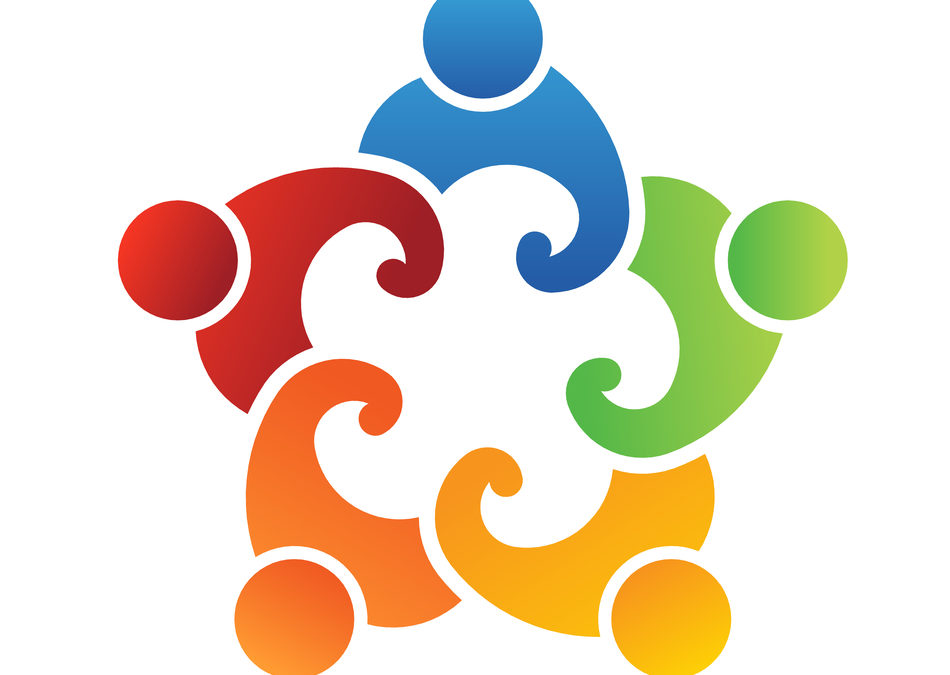Reliability: Deliver on your promises to improve your trust quotient
Currently I am doing research about effective online networking practices in the time of Covid. More on the results early next year when they are ready.
In the process I have become aware of the idea of a Trust Equation, from the book The Trusted Advisor. The authors have developed a self-assessment tool so you can see how you fare on this equation.











